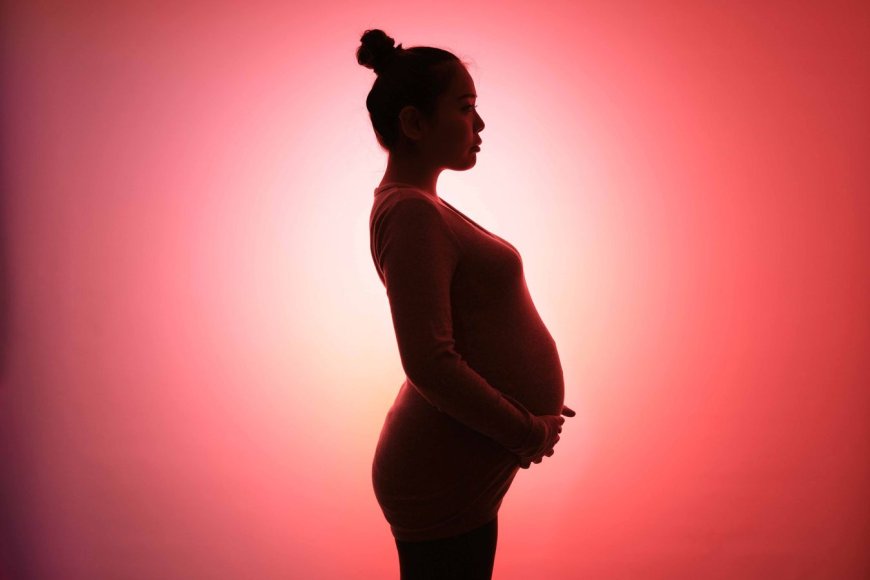Born too late? Climate change is delaying childbirth globally
Born too late Climate change is delaying childbirth globally

Born Too Late? Climate Change is Delaying Childbirth Globally
In the face of an ever-evolving climate crisis, recent studies reveal that climate change is not only affecting weather patterns and ecosystems but also significantly impacting family planning decisions across the globe. News by dharmyuddh.com delves into the correlation between environmental changes and shifting societal norms surrounding parenthood.
The Climate Crisis and Its Societal Impact
Climate change presents a multitude of challenges, from natural disasters to rising sea levels and increased temperatures. As individuals and couples face growing uncertainties about the future, many are reconsidering their plans for starting a family. According to researchers, the fear of an unstable future is causing potential parents to delay childbearing.
Economic Concerns Linked to Delayed Childbirth
Financial instability plays a crucial role in the decision-making process for many parents. The costs associated with raising children can be daunting, particularly as climate change results in economic disparities and inflation. With rising costs in food, housing, and health care, would-be parents are prioritizing financial security before expanding their families.
Emotional and Psychological Factors
The emotional toll of climate change cannot be underestimated. The constant barrage of climate-related news can create anxiety and stress for individuals contemplating parenthood. Many worry about the world their children will inherit, leading to higher rates of delayed childbirth as couples grapple with these fears.
Shifting Cultural Norms Around Parenthood
As society evolves, so do cultural views on parenthood. Millennials and Gen Z are increasingly opting for later births due to personal aspirations, educational prospects, and career advancements. Combined with the existential fear brought on by climate change, this has created a trend of delayed childbirth that resonates worldwide.
Possible Solutions and Future Outlook
Addressing these issues requires a multifaceted approach, including climate action policies, mental health support, and financial educational programs. By fostering a supportive environment for prospective parents, society can help ease the fears associated with childbearing in the climate crisis context. Additionally, awareness campaigns can help shift cultural perceptions about the responsibilities of parenthood while promoting sustainability.
In conclusion, the intersection of climate change and delayed childbirth presents a complex challenge for future generations. As we continue to navigate this global emergency, it is essential to support policies and initiatives that help families thrive in uncertain times. News by dharmyuddh.com will keep you updated on these critical developments impacting our future. Keywords: climate change impact on childbirth, delayed parenthood due to climate crisis, economic factors delaying families, emotional effects of climate anxiety on parenting, societal trends in childbearing, climate crisis and family planning, future of parenthood in changing climate, global effects of climate change on families







